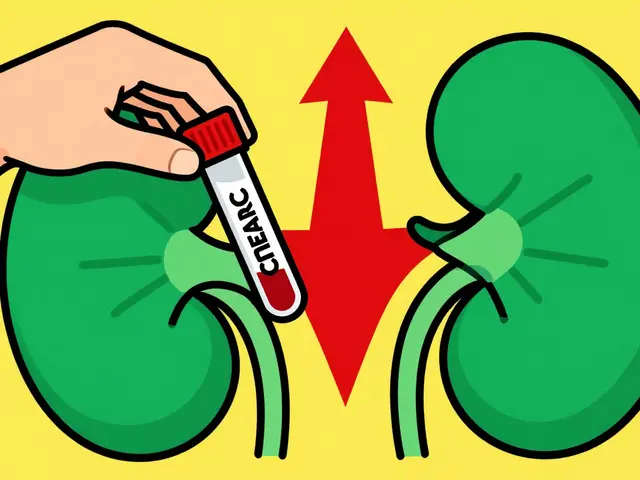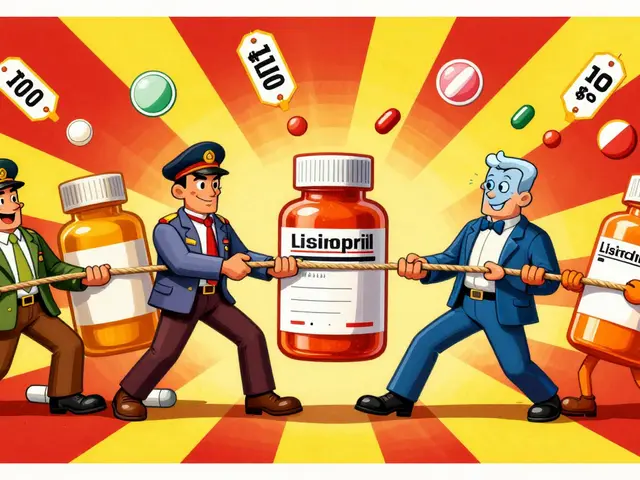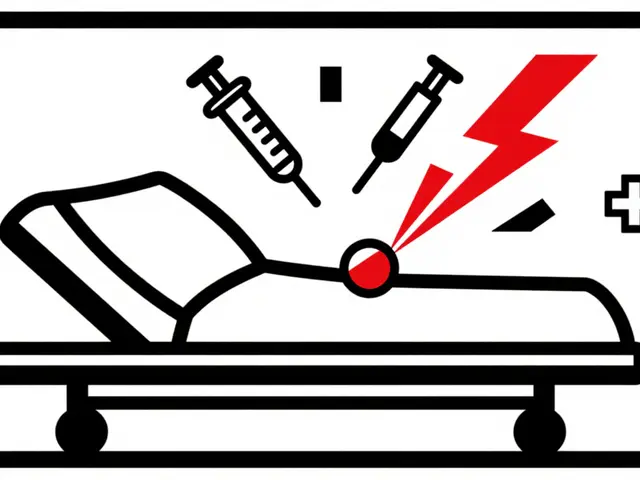Depression Management: Real‑World Tips and Medication Choices
If you’re reading this, chances are you or someone you care about is looking for a better way to handle depression. It can feel overwhelming when the brain’s chemistry is off, but there are concrete steps you can take right now. From prescription options to daily habits, we’ll break down what works, why it matters, and how to fit it into your life without getting lost in medical jargon.
Understanding Your Options: Meds and Therapy
The first question most people ask is, "Do I need a pill?" The answer isn’t one‑size‑fits‑all. Antidepressants like SSRIs (for example, sertraline or fluoxetine) adjust serotonin levels to help lift mood over a few weeks. If side effects bother you, talk to a pharmacist about alternatives such as bupropion or mirtazapine—each has a different profile that might suit your body better.
Medication works best when paired with therapy. Cognitive‑behavioral therapy (CBT) teaches you how to spot negative thought loops and replace them with realistic ones. Even short, weekly sessions can make a noticeable difference. If in‑person visits feel daunting, many platforms now offer video appointments that keep things private and flexible.
Everyday Strategies to Boost Mood
Beyond pills and talk, your daily routine plays a huge role. Start with sleep: aim for 7–9 hours of consistent rest. A regular bedtime signals the brain to release melatonin, which stabilizes mood. Next, move your body—light exercise like a brisk walk or yoga releases endorphins that act as natural mood lifters.
Nutrition matters too. Foods rich in omega‑3 fatty acids (salmon, walnuts) and B vitamins (leafy greens, eggs) support brain health. Limit sugary snacks; spikes followed by crashes can worsen irritability. Finally, stay connected. Even a quick call to a friend or joining an online support group reduces isolation, which is a major depression trigger.
Remember, progress isn’t linear. Some days will feel better than others, and that’s normal. Keep a simple journal noting what helped—whether it was a medication dose, a therapy insight, or a 10‑minute meditation. Over time you’ll see patterns that guide you toward the most effective combination.
If you’re unsure where to start, schedule a chat with a qualified pharmacist at RugietMen Pharma Solutions. They can review your current meds, suggest safe alternatives, and point you to reputable therapists. Taking that first step is often the hardest part, but it sets the foundation for lasting improvement.





